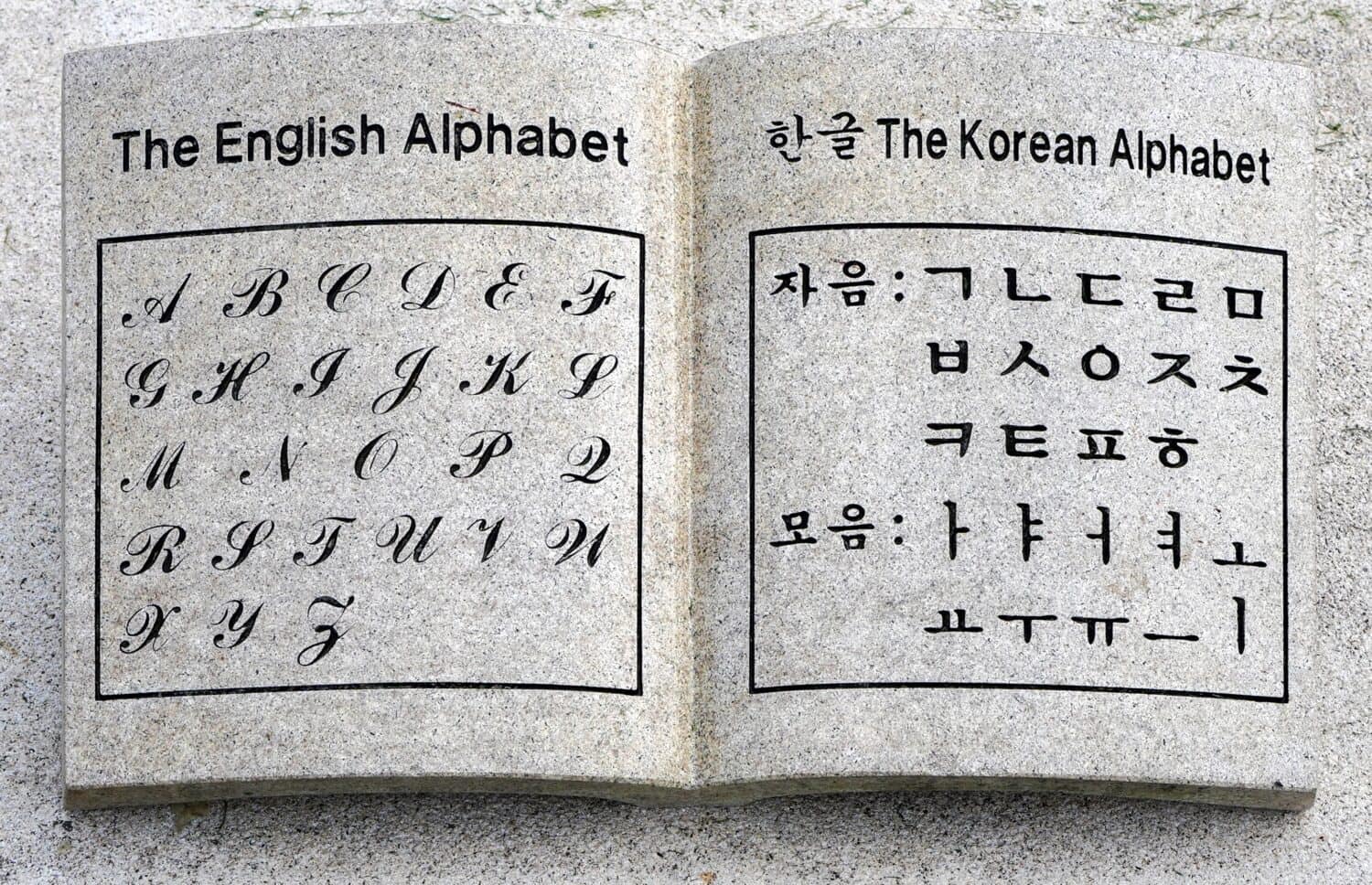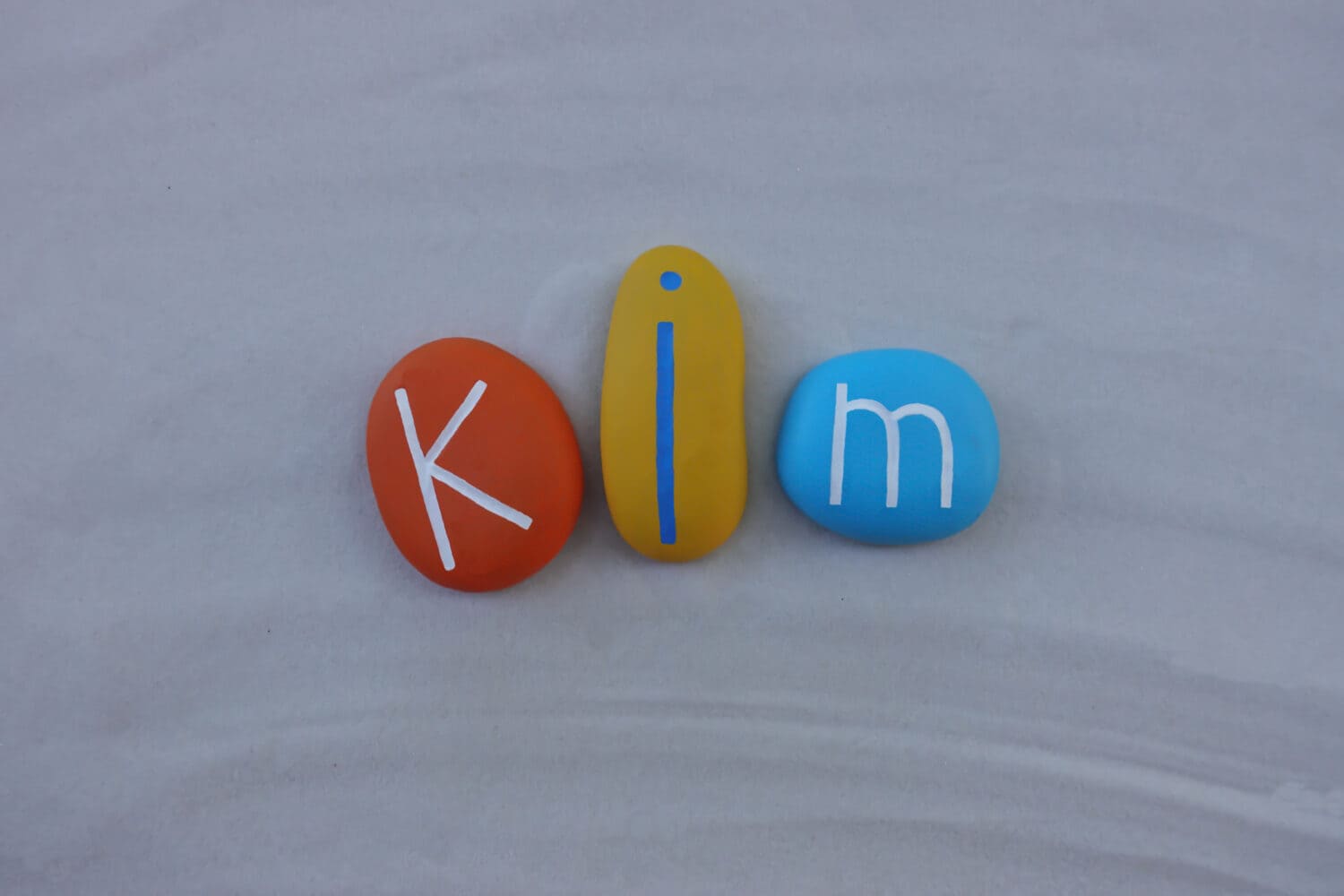One can learn a lot about a family’s origin, history, and lineage from their surname. Take, for instance, the “Kim” surname. The name is predominantly Korean in terms of its popularity and origins. How the “Kim” surname has passed through families, across continents, and even gone through some spelling variations, is a fascinating journey. Its meaning is also rooted in the context of these changes. For instance, Brittanica details how the name translates to “gold.” This is why it was often attached to powerful, rich families. Often a surname can describe the status or profession of a family. As they marry and have children, the surname spreads from there.
Let's learn more about the history and origins of the “Kim” surname. We’ll discuss the meaning(s) behind the name, and you’ll get a better idea of where it came from. Read on as we learn about some fascinating genealogical resources for surname research. Note that some options may require you to pay money. Knowing where your family name or a family name comes from and its variations can be a really interesting, and illuminating process. So, stick around as we talk about all things related to the “Kim” family surname.
Origin And Meanings Of The “Kim” Surname
“Kim” is actually the most popular Korean surname. In 2015, there was an estimated 20 percent of South Korean residents with the surname “Kim.” According to Ling, a language learning platform, this surname is followed closely by the popular options “Lee,” and “Park.” But where did the most popular surname originate and what lies behind its meaning?
The History of the “Kim” Surname
We can trace these answers back to the first ruling kingdoms of Korea as a whole. The Silla kingdom existed between 57 BCE and 935 BCE. Much of Korea was unified under this dynasty by 668. The “Kim” surname translation of “gold,” holds weight here because it was a name given to members of the ruling class, with power and riches. So how did it spread?
Flash forward to the Koryŏ (also sometimes referred to as Goryeo) dynasty (925-1392). During this period, citizens who had earned the favor of the ruling class could be bestowed the last name “Kim” as a symbol of fielty. Through more political changeovers, it was commonplace for “commoners” to take the “Kim” surname as an economic advantage. In 1894, Japanese colonization efforts led to surnames being a requirement for all Korean citizens. This meant lots of people opted for the most popular, and widely respected surnames including “Kim,” “Lee,” and “Park.”
The “Kim” surname can be traced to the southeastern city of Gimhae. This is where, records suggest, the original Kim, a man named “Kim Su-Ro” was born in 42 CE. He was the founder of Gaya, an ancient Korean dynasty, which is likely why the original “Kim” surname has always been tied to power and affluence. Other “Kim” surname origins can be pinned to areas like Gyeongju, Andong, and Gwangsan.
The Myth Behind The Name
The name itself has mythological roots as well, a story involving the original “Kim Su-Ro.” The story goes that nine elders prayed for a king to rule and unite Korea, and as an answer, they received a box with five golden eggs. A variation on this tale says that the original descendants of the “Kim” family were hatched from golden eggs, and a white rooster bestowed the name “Kim,” upon the newly hatched children. These children would go on to rule and unite the Korean dynasties (via Ancestry.com).

©Noel V. Baebler/Shutterstock.com
Variations On The “Kim” Surname
The “Kim” surname, while originating in Korea, did spread throughout Southeast Asia, into China and the provinces of Taiwan. In Chinese characters, it is depicted as “金” and also means “gold,” though a similar translation can be “bright, beautiful.” Any spelling or meaning variations may have happened during immigration periods. Think about it, when asked to spell or say aloud a surname, the final result was impacted by the pronunciation and the capabilities of the person writing.
Common variations of the “Kim” surname include:
- Gim (a common Korean variation)
- Kan (Japanese)
- Kin (Japanese)
- Jin (Chinese)
- Kam (Chinese)
Between 1840 and 1920, there is evidence of the “Kim,” surname in areas like the UK, Canada, Scotland, and the U.S. By the 1920s, most of those families were living within the U.S., and by the 1940s, most common professions for citizens with the surname “Kim,” included laborers for men and laundresses for women. A lesser percentage of “Kims” in the States held the role of a cook or a maid during this time period (via Ancestry.com).
Notable Individuals With The Last Name “Kim”
We've discussed the origins of the name, and now let's take a look at some notable figureheads with the “Kim” surname. According to The DNA Tests, Jang-geum Kim was the first female royal physician during the Joseon Dynasty, and King Taejo of the Goryeo Dynasty also held the “Kim” surname. There was Admiral Yi Sun-sin, an Imjin War naval commander with this affluent surname, and Kim Gu, an activist against the Japanese occupation when they abolished the class system in Korea.

©Sanga Park/Shutterstock.com
Examples of modern bearers of the “Kim” surname, there's Gail Kim, a Canadian-American professional wrestler, and South Korean actor Daniel Dae Kim, who has made it big in Hollywood. Daniel Dae Kim rose to fame after starring in hit series like “Lost,” “Hawaii Five-0,” and “The Good Doctor.” He continues to trailblaze within the Hollywood industry as a figurehead of cultural representation.
Free Genealogical Resources
The following resources are free to use, and pretty comprehensive considering they don't require any fees. Keep in mind that sometimes these records can only take you so far. You may want to consider speaking with family members. Perhaps they have any helpful records or resources as you start this search. Libraries and historical societies or genealogical records can also be valuable, and often free, tools for research.
- Family Search has an array of easily accessible information on certain surnames.
- The DNA Tests is a platform with a certain amount of information on mostly popular surnames.
- Brittanica is an online encyclopedia that may have information on specific surname meanings etc.
- Our Public Records gives you access to surname research that is available online.
- Geneology.com offers thread-based discussions for individuals researching certain surnames.
Subscription-based Genealogical Resources
The following resources have some kind of paywall or subscription service. If you're doing a deep dive into a family name or particular lineage, these can be really valuable tools. Some will even pinpoint genetic data to specific areas and connect you to other family members who have done the same!
- 23 And Me offers genetic testing from a sample kit. With a subscription, you can chart your DNA history, where your family came from, and find possible relatives. In terms of surname research, it provides data on a more biological level than an etymological one.
- FamilyTreeDNA has a similar testing protocol to 23 And Me. The prices definitely differ.
- Ancestry.com is one of the better-known genealogical resources. They have a genetic testing option as well through AncestryDNA. In terms of the options on this list, Ancestry has one of the largest databases.
- Find My Past is a lineage database that can offer its members an array of information, records, and possible links to a particular surname and its origins.
- My Heritage offers similar features to the previous list item. Perhaps here is where you'll find information pertaining to your particular family tree!
The image featured at the top of this post is ©yournameonstones/Shutterstock.com.
